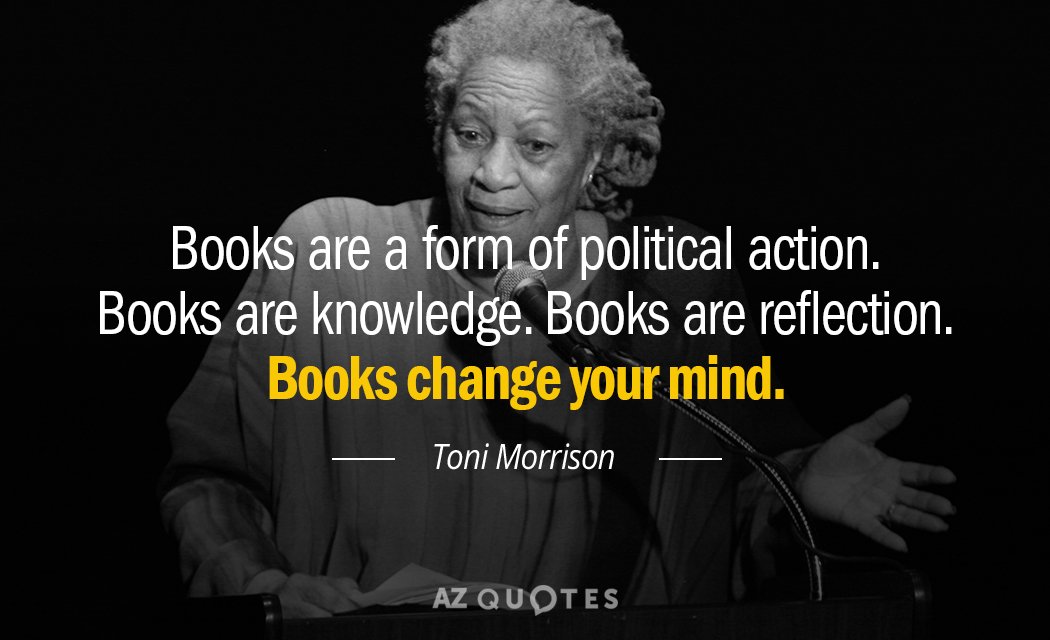Category: From Mr. MacKnight
Melville Before Coffee
Lately, I’ve been hand-copying Moby-Dick first thing in the morning, before coffee, to carve out a space for my brain and my hands, to have a definite frame of time. I suppose I do that as others practice yoga or meditation. —Yiyun Li, Chinese-American novelist
NY Review of Books, March 2022: https://www.nybooks.com/daily/2022/03/05/melville-before-coffee/
A Pastiche of Charles Dickens, “Great Expectations”
Passage 1: At that moment I realized that this shabby flat strewn with trash was my apartment; and that Philip Pirrip, once my best friend, and Georgiana, once my sworn love, had packed and left; and that happiness, contentment, purpose, calm, and tranquility, everything in fact that I valued, had also packed and left; and that the urban wilderness outside my apartment, intersected with streets and subways and elevated trains, with faceless people hurrying through it, was my home; and that the dark land beyond the city was the world; and that the vast unknowable void from which the screaming in my ears seemed to come, was the cosmos; and that the miserable, useless, despicable heap of self-pity curling into a ball amid the filth and shaking uncontrollably, was me.
Passage 2: A tearful man, all in maroon fleece, with little hair on his head. A man with a brown hat, and with brown shoes, and with a COVID mask tied round his neck. A man who had been mired in poems, and buried in plays, and puzzled by metaphors, and bored by similes, and lulled by iambs, and thrilled by rhymes; who sang, and chanted, and recited and howled; and whose eyes glittered in his head as he marked my essay by the Key.
Candide lives!
From Candide, Chapter XXIII:
Talking thus they arrived at Portsmouth. The coast was lined with crowds of people, whose eyes were fixed on a fine man kneeling, with his eyes bandaged, on board one of the men of war in the harbour. Four soldiers stood opposite to this man; each of them fired three balls at his head, with all the calmness in the world; and the whole assembly went away very well satisfied.
“What is all this?” said Candide; “and what demon is it that exercises his empire in this country?”
He then asked who was that fine man who had been killed with so much ceremony. They answered, he was an Admiral.
“And why kill this Admiral?”
“It is because he did not kill a sufficient number of men himself. He gave battle to a French Admiral; and it has been proved that he was not near enough to him.”
“But,” replied Candide, “the French Admiral was as far from the English Admiral.”
“There is no doubt of it; but in this country it is found good, from time to time, to kill one Admiral to encourage the others.”
Today, we merely fire such people, usually:
SAN DIEGO — The captain of a San Diego-based aircraft carrier battling an outbreak of COVID-19 on his ship was fired as commanding officer Thursday, days after his letter decrying conditions on his ship became public.
Acting Navy Secretary Thomas Modly announced the firing during a Pentagon news conference.
“At my direction, the commanding officer of the USS Theodore Roosevelt, Capt. Brett Crozier, was relieved of command by a carrier strike group commander, Rear Adm. Stuart Baker,” Modly said.
Capt. Brett Crozier wrote a letter late Sunday asking the Navy to remove 90% of the crew of the Theodore Roosevelt to halt the “ongoing and accelerating” spread of COVID-19 on board. That letter was published Tuesday by The San Francisco Chronicle and generated headlines nationwide.
On Wednesday, the Navy announced it was moving almost 3,000 sailors off the ship and working to find space on Guam for more.
Modly said he wasn’t sure whether Crozier leaked the letter personally, but he said Crozier didn’t do enough to ensure the letter didn’t get out, saying it was copied to many people outside the captain’s chain of command.
“It was copied to 20 or 30 other people,” Modly said. “That’s just not acceptable. He sent it out pretty broadly and in sending it out pretty broadly he did not take care to ensure that it couldn’t be leaked.”
That, Modly said, demonstrated “extremely poor judgment” in the middle of a crisis.
Welcome to the IB English A Literature class blog!
We will use this space for sharing initial responses, informal writing, etc. You will find that reading each other’s work will be tremendously valuable to you. The blog will also serve as a discussion forum where conversations begun in class can be continued, or new ones started. It may be a bit scary at first, but be brave! Sooner or later you will overcome your apprehensions and appreciate the blog’s value.
You will learn a tremendous amount by reading each other’s work. Sometimes you will think, “Ah, that’s really good, I could do that, too.” At other times you will think, “Ah yes, I make that same mistake, but I usually don’t notice it in my own writing.” Or you may think, “Wow, my writing is better than I thought.” Together, we can learn faster and make more progress.
Comments on this blog must be specific, kind, and helpful. This is not Facebook, Twitter, or Instagram.


